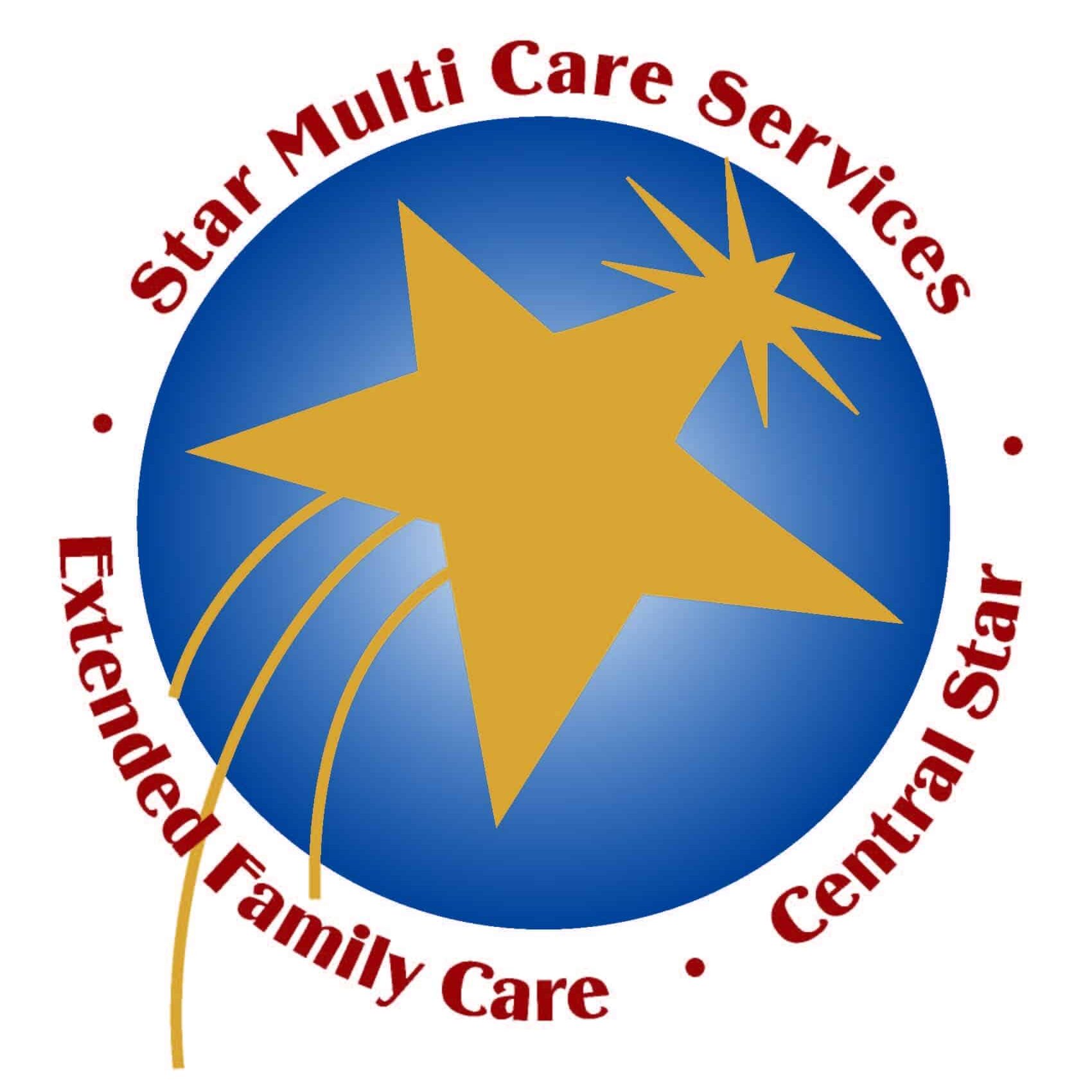Caregiver in Stonybrook NY
As a family caregiver, you have probably heard about the health advantages of taking aspirin. Many doctors have long touted the benefits of taking low-dose aspirin on a daily basis in order to help
Viewpoints
Mark R. Nelson, PhD, an epidemiologist from the Monash University in Melbourne, Australia believes that, “the increased risk of potentially life-threatening bleeding in people over 70 who take low-dose aspirin daily may be greater than the heart protection offered by the therapy.”
The confusion seems to lie in the age group. Most studies reveal that there is a strong benefit to taking daily low-dose aspirin for people in their 50s and 60s. Aspirin does reduce the risk of mini-strokes and heart attacks by preventing blood clots from forming. The problem in the aging population is that they are more susceptible to aspirin’s possible side-effect: bleeding in the gastrointestinal tract. And while aspirin reduces strokes caused by blood-clots, it may increase susceptibility to hemorrhagic strokes caused by burst blood vessels. Both doctors and researchers agree that more studies need to be conducted before this debate will be resolved.
The Bottom Line
Do not let your parent begin low-dose aspirin therapy of their own accord. Their doctor will be in the best position to determine if the benefits outweigh the risks. If your loved one is at risk for heart attack or stroke, chances are your doctor will weigh in towards daily low-dose aspirin therapy.
If your parent is currently taking aspirin on a daily basis, they do not want to stop suddenly. Sudden reduction can have a rebound effect that can actually trigger a blood clot. If your parent is scheduled for surgery, be sure to let their doctor know if they have been taking aspirin as this can lead to excessive bleeding. There are certain medications, both prescribed and over-the counter, that should not be taken with aspirin. These include anticoagulants such as Coumadin as well as corticosteroids.
As a family caregiver, it’s important to have ongoing communication with your parent’s health care providers. Make a list of current medications, including over-the-counter and prescribed, as well as any supplements such as vitamins or herbs your parent may be taking. Have this information close at hand during your discussion so their doctor or pharmacist can be armed with all the necessary information before making this important decision.
If you or an aging loved one are in need of caregiver services in Stonybrook, NY or the surrounding areas, contact the caring professionals at Star Multi Care Services today at (631)956-8835. We are the Right Choice for Home Health Care Services!
Resources
http://www.webmd.com/heart-disease/news/20050519/aspirin-therapy-in-elderly-risks-vs-benefits#2
http://www.mayoclinic.org/diseases-conditions/heart-disease/in-depth/daily-aspirin-therapy/art-20046797
- Help Your Senior Welcome Back the Birds of Spring - March 26, 2025
- Honoring Our Team: Birthdays, Anniversaries, and New Additions! - March 25, 2025
- Recognition of Employees for March - March 21, 2025

